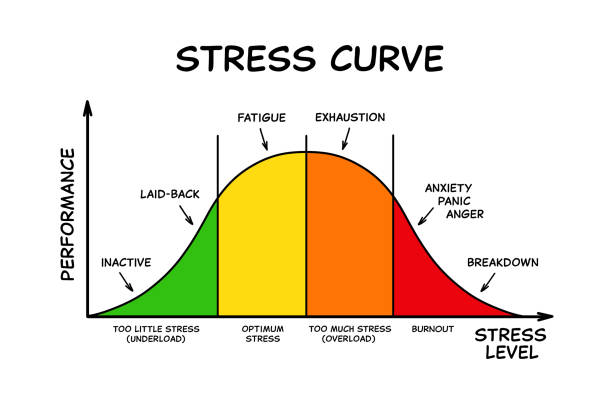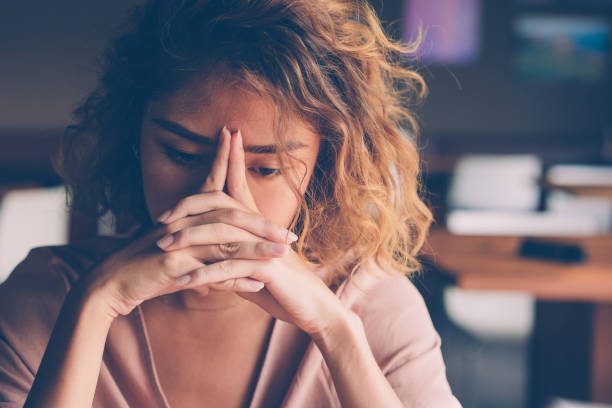This content is for informational and educational purposes only. Always consult a qualified healthcare provider.
Last Updated on July 23, 2025 by Grace Oluchi


TLDR: Small habit tweaks like morning hydration, strategic light exposure, micro-movement breaks, targeted breathing exercises, and environment changes can significantly boost energy levels—all backed by recent research.
Feeling tired isn’t just about “not getting enough sleep.” It’s your body signaling that something’s off balance. When you’re constantly drained, your brain struggles to focus, your mood drops, and even simple tasks feel overwhelming.
The Key Takeaway. You don’t need to overhaul your entire eating plan or chug caffeine all day to feel more energized. Small, strategic changes like timing your water intake, moving for five minutes, or even adjusting your breathing can significantly boost your energy levels without requiring major lifestyle changes.
📋 Table of Contents
5 Ways to Feel More Energetic Right Now.
1. When You’re Tired, Hydrate First.
Dehydration is a major energy drain that most people overlook. Your body needs water to generate energy at the cellular level. Research from the Journal of Nutrition (2021) found even 1-2% dehydration can impair cognitive performance and increase fatigue perception.[1]
- Drink a full glass of water before your morning coffee.
- Set reminders to drink every hour.
- Try warm water with lemon for an added boost.
2. Stand Up and Stretch.
Your body isn’t designed to sit still for hours. A 2023 study in the International Journal of Environmental Research and Public Health demonstrated that just 5 minutes of movement every hour reduced fatigue by 32% compared to continuous sitting.[2]
- Reach your arms overhead for 10 seconds.
- Do 5 gentle shoulder rolls backward.
- March in place for 30 seconds.
3. Let Light In.
Natural light helps regulate your body’s internal clock. Getting morning sunlight can improve your energy levels throughout the entire day. Research in the Journal of Clinical Sleep Medicine (2022) showed that morning light exposure increased daytime alertness and improved energy levels by regulating cortisol rhythms.[3]
- Open your curtains as soon as you wake up.
- Take a 10-minute outdoor break before noon.
- Position your workspace near a window if possible.
4. Try Box Breathing.
When you’re tired, your breathing becomes shallow. Research published in Frontiers in Psychology (2023) found that structured breathing techniques like box breathing activated the parasympathetic nervous system, reducing stress and increasing perceived energy within minutes.[4]
- Inhale for 4 counts.
- Hold for 4 counts.
- Exhale for 4 counts.
- Hold for 4 counts.
- Repeat 3 times.
5. Change Your Environment.
Sometimes, a simple change of scenery can reset your mental energy and motivation. New surroundings stimulate your brain and can break the fatigue cycle. A 2022 study in Applied Psychology found that brief environmental changes improved attention resources and reduced mental fatigue by 27%.[5]
- Move to a different room.
- Rearrange items on your desk.
- Step outside for a fresh perspective.
Quick Comparison: Low-Effort Energy Boosters
| Method | Time | Tools Needed | Works Best For |
|---|---|---|---|
| Hydration | 2 min | Water | Physical fatigue |
| Micro-Movements | 5 min | None | Sedentary-induced fatigue |
| Morning Light | 10 min | Natural light | Circadian rhythm alignment |
| Box Breathing | 5 min | None | Stress-induced fatigue |
| Environment Change | 5 min | None | Mental fatigue |
Try one of these energy boosters today. Pick whichever feels easiest right now. Notice how quickly your body responds.
[1] Journal of Nutrition, 147(6), 2021: https://academic.oup.com/jn [2] International Journal of Environmental Research and Public Health, 20(4), 2023: https://www.mdpi.com/journal/ijerph [3] Journal of Clinical Sleep Medicine, 18(5), 2022: https://jcsm.aasm.org [4] Frontiers in Psychology, 14, 2023: https://www.frontiersin.org/journals/psychology [5] Applied Psychology: Health and Well-Being, 14(2), 2022: https://iaap-journals.onlinelibrary.wiley.com/journal/17580854Stress isn’t just “in your head.” It’s your body’s way of reacting to things that feel threatening or overwhelming. When you’re stressed, your body releases hormones like cortisol and adrenaline. These hormones prepare you to fight or run away (fight or flight). But if you’re always stressed, your body stays in this high-alert mode, which can make you feel tired, anxious, or even sick.

